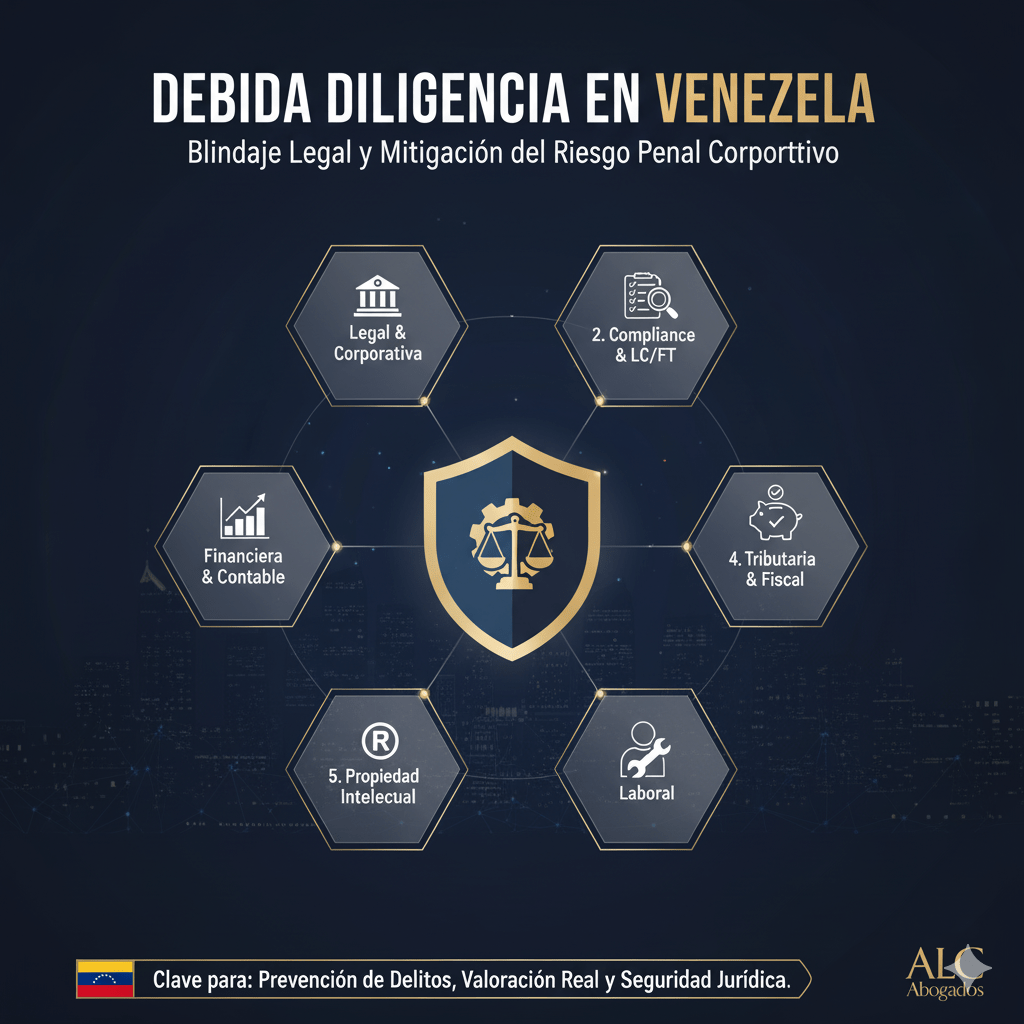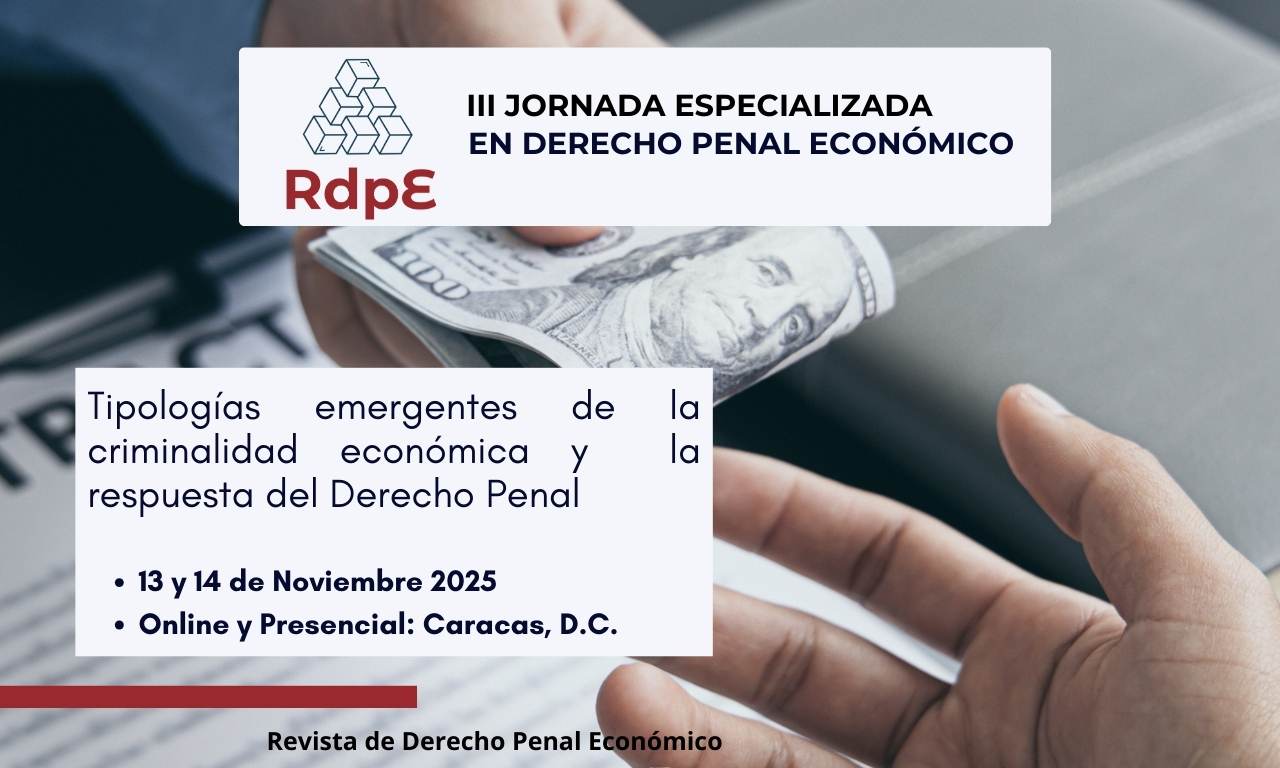Debating corruption and its consequences is a complicated matter to dwell on. In fact, in many countries and their criminal codes is not included as an offence and even less defined as a legal term. However, some consensus has been achieved in the last few decades outlining corruption as an abuse of power, putting private benefits above public benefits. It also implies that procedures and decisions ought to be bought in order to be accomplished instead of following the legal system that’s supposed to be applied equally for everyone, disregarding which community or individual is requesting such procedure.
Furthermore, the Declaration of Human Rights and its subsequent covenants establish solid and specific liberties that individuals and communities are entitled to enjoy and, therefore, the obligations of the States and authorities to act complying with the pacts settled before.
How to link corruption consequences and the damage of these rights? Which are the victims and which human rights are harmed? In the daily life in the public sector it’s easier to perceive. If a person needs to pay extra to a public officer avoiding the legal procedure to get a passport, because otherwise such person wouldn’t get the document on time or receive it at all, then one can define a coercive context that’s imposing corruption as a modus operandi.
In this case, the person perceiving the need to pay in order to get a document (which is entitled to have from the beginning as everyone else) would be the victim because corruption is already part of the regular procedure to get things done, it’s a circumstance where the law is not applied anymore except on paper. In this example and at this point, the right to leave and enter a country is being damaged, as well as the right to be equal before the authorities.
If prisoners have to pay officials and guards in return of protection or have minimum conditions to live while in prison, the right to humane conditions is maltreated, if patients ought to pay extra in a public hospital to get the right treatment or to go through surgery on time, the right of reasonable standard of health is at risk.
To sum up, on one hand, extended corruption in the public administration tends to be visible and evident. On the other hand, abuse of power and bribery at higher levels of the political bureaus might be not, more difficult to define the direct victims and consequently, more complicated to distinguish which human rights are threatened. However, a vast corruption in lower levels of public sector indicates a failed and insufficient anticorruption strategy applied from the higher levels and, depending on the context that’s taking place, a link with the concrete human rights related to them is completely conceivable.



